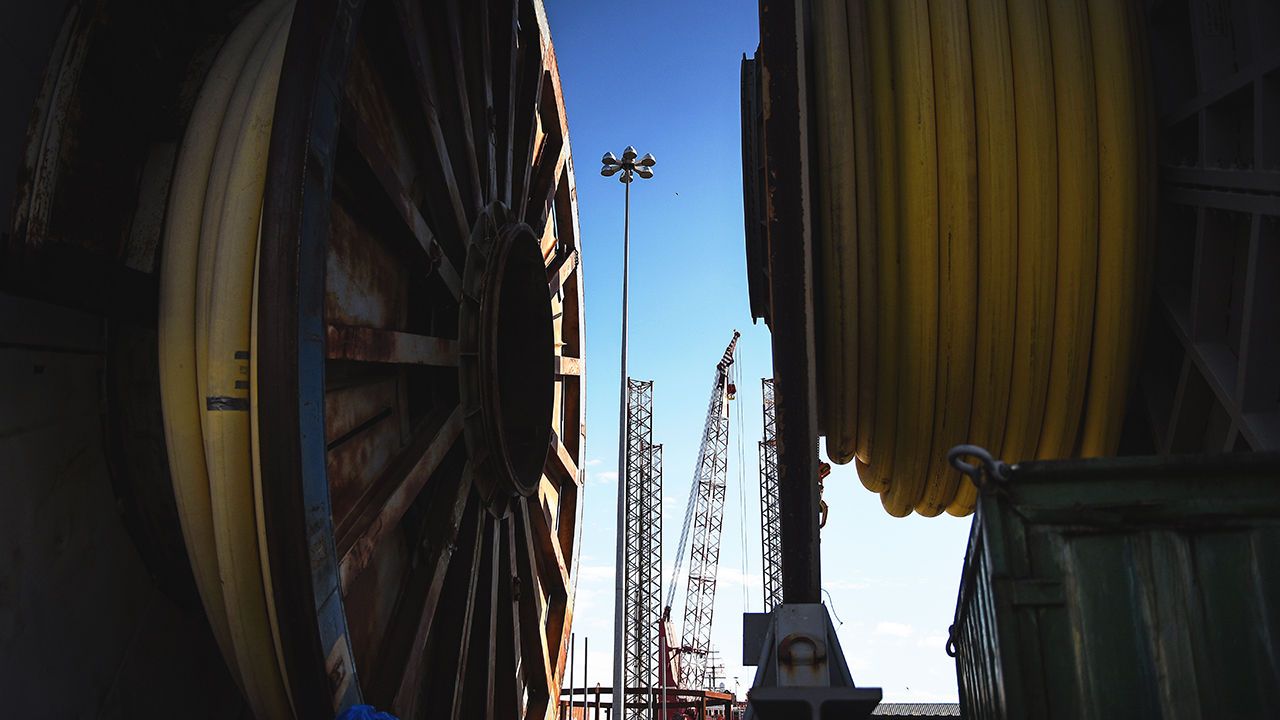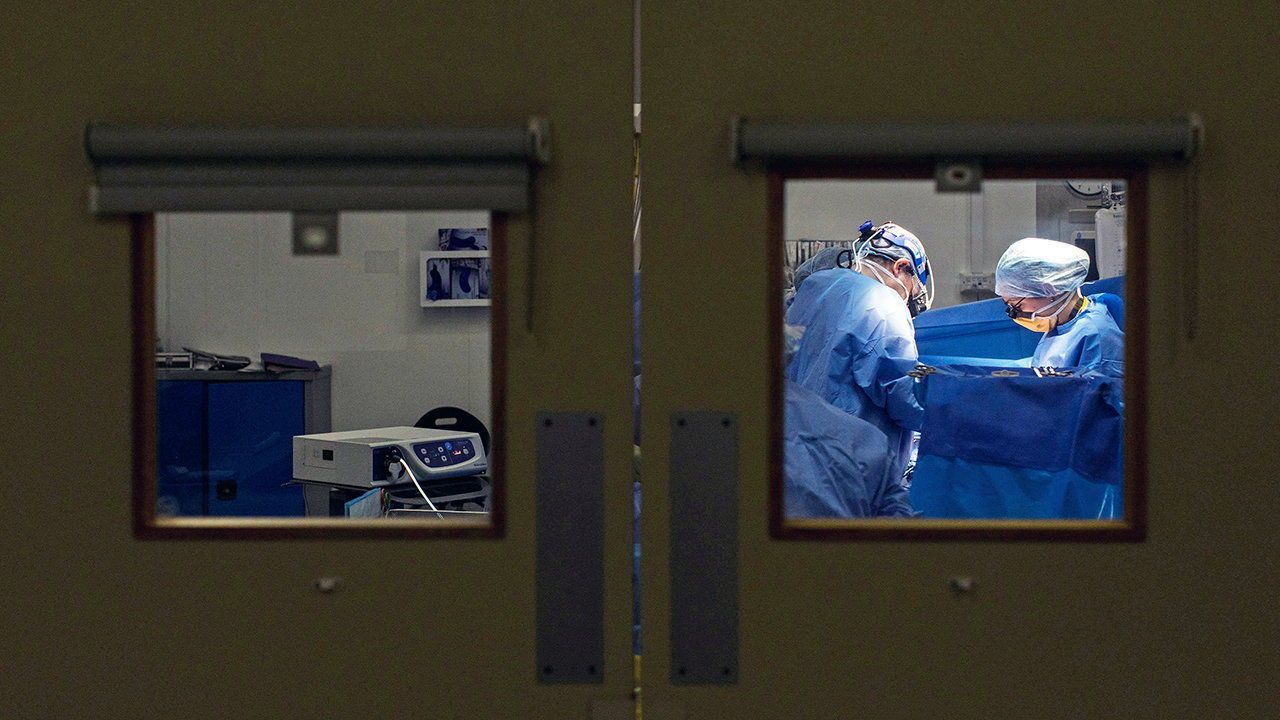Gigafactories and dashed dreams: the parable of Blyth
What one port town says about the British economy

The little port town of Blyth in north-east England holds up a mirror to the British economy. For much of the 20th century it was a home to heavy industry. By the 1960s it was exporting more coal than anywhere else in Europe and had built the Royal Navy’s first aircraft-carrier. In the 1970s it was importing the raw materials needed by the smelting furnace a short train ride away. Then, as the collieries, shipyards and metalworks all closed, the town spent decades in decline. Its long search for a new act has made it a crucible for the policies of the previous Tory government and the new Labour one.
Explore more
This article appeared in the Britain section of the print edition under the headline “Blyth spirit”
Britain October 5th 2024
- Britain’s Conservatives adopt the bad habits of the Labour left
- Why on earth would anyone go to a British party conference?
- Ukrainians are settling down in Britain. That creates a problem
- Gigafactories and dashed dreams: the parable of Blyth
- The scourge of stolen bikes in Britain
- Britain’s last coal-fired power station closes
- How British-Nigerians quietly made their way to the top
Discover more

The story of one NHS operation
And what it says about how to improve the productivity of Britain’s health service

The Sue Gray saga casts doubt on Sir Keir Starmer’s managerial chops
Faith in the prime minister’s technocratic credentials has been tested
Britain has agreed to cede the Chagos Islands to Mauritius
The Chagossians seem set to benefit less than China
Ukrainians are settling down in Britain. That creates a problem
A tricky decision for the new Labour government
Britain’s Conservatives adopt the bad habits of the Labour left
The cult of the member grips the opposition

